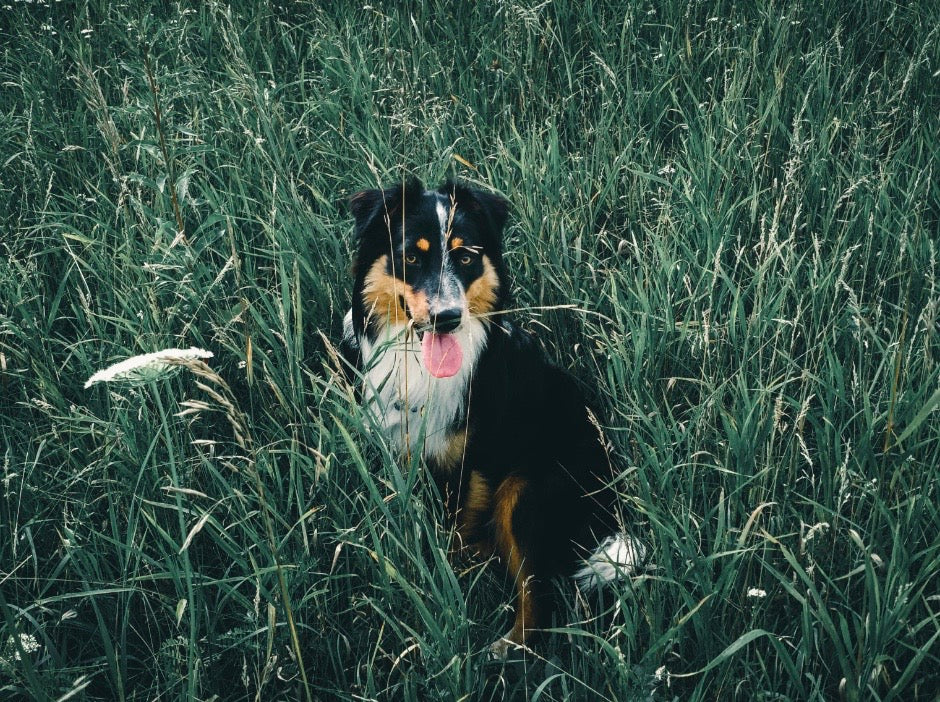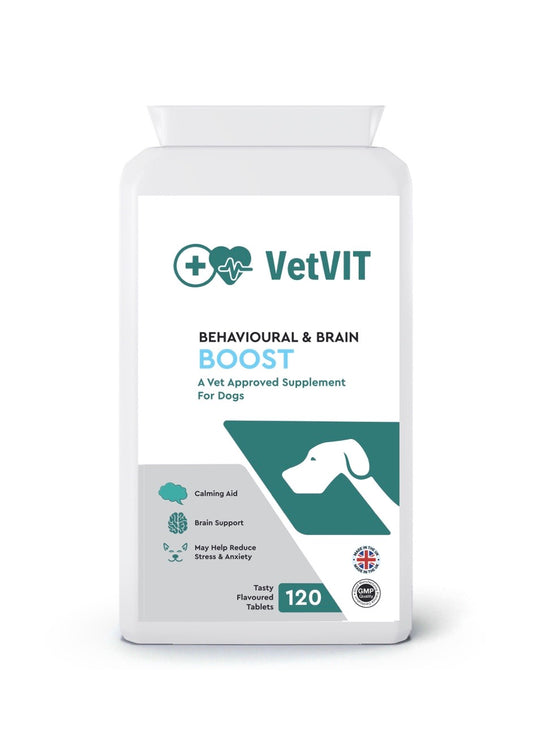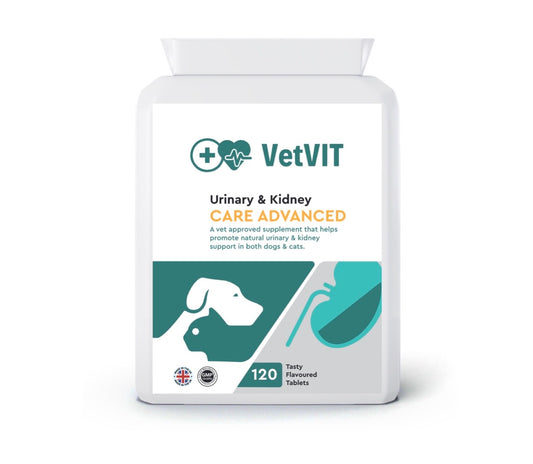Have you ever caught your dog munching on grass in the backyard and wondered why? While it may seem odd, dogs eating grass is a common behaviour. Some owners even worry that their pups may be sick or trying to fill a nutritional gap. The truth is, there are several reasons why dogs eat grass, some more concerning than others. In this ultimate guide, we'll explore some of the possible explanations behind this curious habit and what you should know as a responsible pet parent. So let's dig into the topic: why does the dog eat grass?
Why does the dog eat grass?
One reason why dogs may eat grass is that it's a natural instinct. Dogs are descendants of wolves, who ate all parts of their prey, including the stomach contents which often contained plants and vegetation. This means that eating grass could be an innate behaviour passed down from their wild ancestors.
Another possible explanation is that dogs eat grass to settle an upset stomach or relieve nausea. Grass contains fibre which can help stimulate digestion and promote bowel movements, potentially easing any discomfort in your pup's tummy.
Some experts also suggest that dogs may crave certain nutrients found in greens such as vitamin A, C and K. If your dog is not getting enough of these essential vitamins from their regular diet, they may seek out plant sources like grass to supplement their intake.
For some dogs, eating grass may simply be a form of entertainment or boredom relief. It can provide mental stimulation and an opportunity for exploration while satisfying a chewing urge.
Some researchers propose that there could be an emotional component to this behaviour - stress or anxiety might trigger the desire to chew on something soothing like blades of grass.
While it’s not entirely clear why exactly they sometimes munch on lawn clippings- most veterinarians agree occasional grazing isn't concerning unless it leads to vomiting or other health problems.
Do dog's eat grass when they are sick?
Have you ever noticed your dog eating grass when they're sick? It's not uncommon for a dog to exhibit this behaviour, but the reasons behind it may surprise you. Here are some things to consider:
It's important to note that dogs don't instinctively know what plants are safe and which ones aren't. Eating grass could be their way of trying to alleviate discomfort in their stomach or throat, but it could also lead to poisoning if the plant is toxic.
Dogs may try to eat grass as a way of inducing vomiting. This can happen when they've ingested something harmful or simply have an upset stomach. However, it's generally not recommended to encourage your dog to vomit unless advised by a veterinarian.
There is some evidence that suggests dogs may eat grass as a way of self-medicating with natural remedies found in plants. Grass contains nutrients like folic acid and chlorophyll which can help detoxify the body and aid digestion.
If your dog is exhibiting excessive or abnormal behaviours such as lethargy, loss of appetite or diarrhoea along with eating grass frequently - it's best to seek advice from a vet as soon as possible.
Remember that while eating small amounts of grass can be normal behaviour for many dogs and isn't necessarily cause for concern; keep an eye on any unusual patterns regarding frequency and volume consumed so you can ensure optimal health for your furry friend!
Do dog's eat grass to settle their stomach?
Dogs aren't able to digest certain types of grasses, so it's unlikely that eating grass will actually help their digestive system. Additionally, if your dog is vomiting or experiencing diarrhoea, allowing them to eat grass could make things worse by irritating their gastrointestinal tract.
That being said, some dogs may instinctively turn to eating plant material when they feel ill. In these cases, it's important to monitor your dog closely and seek veterinary attention if necessary.
If you suspect that your dog is only eating grass because they want to settle their stomach, consider offering them bland foods instead such as cooked chicken or rice. This can be easier on their digestive system than consuming large amounts of roughage from plants.
While there might be instances where a dog eats grass as an attempt at self-soothing when feeling unwell; however in most situations medical intervention would prove more effective for resolving any underlying issues.
Do dog's eat grass because they are hungry?
Many dog owners may wonder if their dog eats grass because they are hungry. However, the answer to this question is not entirely clear.
One theory suggests that dogs may eat grass as a means of getting additional nutrients that they may be lacking in their diet. While this could be true, it's important to note that most commercial dog foods already contain all the necessary nutrients for canine health.
Another possibility is that dogs simply enjoy eating greens. After all, some pet stores sell specially made "grass gardens" for indoor pets to graze on at home!
However, there is no evidence to suggest that dogs eat grass because they are simply hungry and looking for something to snack on.
Should I be worried if my dog eats grass?
It's a common sight to see dogs munching on grass, but it can be concerning for pet owners. So should you be worried if your dog eats grass?
Overall, as mentioned, occasional grazing on grass may not necessarily warrant concern, but monitoring your pet's behaviour and signs of illness is important. Seeking veterinary advice if needed can ensure their overall health and wellbeing.
Should i stop my dog eating grass?
While it's understandable that you may be concerned about your dog eating grass, there isn't necessarily a need to stop them from doing so.
However, if you notice that your dog is constantly grazing on grass or seems to be ingesting large amounts of it at once, this could indicate an underlying issue with their diet or digestive system. It's always a good idea to consult with your veterinarian if you're concerned about any changes in your pet's behaviour or habits.
If you do decide that you want to discourage your dog from eating grass, there are several strategies you can try. You might consider distracting them with toys or treats when they start nibbling on the lawn, or simply redirecting their attention elsewhere.
As long as your dog isn't showing any signs of illness or discomfort related to their grass-eating habits, there's no need to intervene - but keeping an eye on their behaviour and consulting with a professional when necessary is always a wise choice.
Conclusion!
Dogs eating grass is a common behaviour that may or may not be harmful to your pet. While it can be a totally normal non-concerning behaviour in most cases, it could also lead to vomiting and digestive issues if they consume toxic plants or too much grass. It's always important to monitor your dog's grass-eating habits and consult with a veterinarian if you notice any concerning symptoms.
Remember that providing them with adequate exercise, attention, and a balanced diet is key in preventing this behaviour from becoming excessive. And while it's natural for dogs to indulge in some greenery every once in a while, make sure you keep them safe by avoiding areas where pesticides or other chemicals have been used or on any plants that are toxic to them.
By understanding the reasons behind why your dog eats grass and taking the necessary precautions, you can ensure that both you and your pet enjoy a happy and healthy lifestyle together!
Dr. Alan MRCVS





